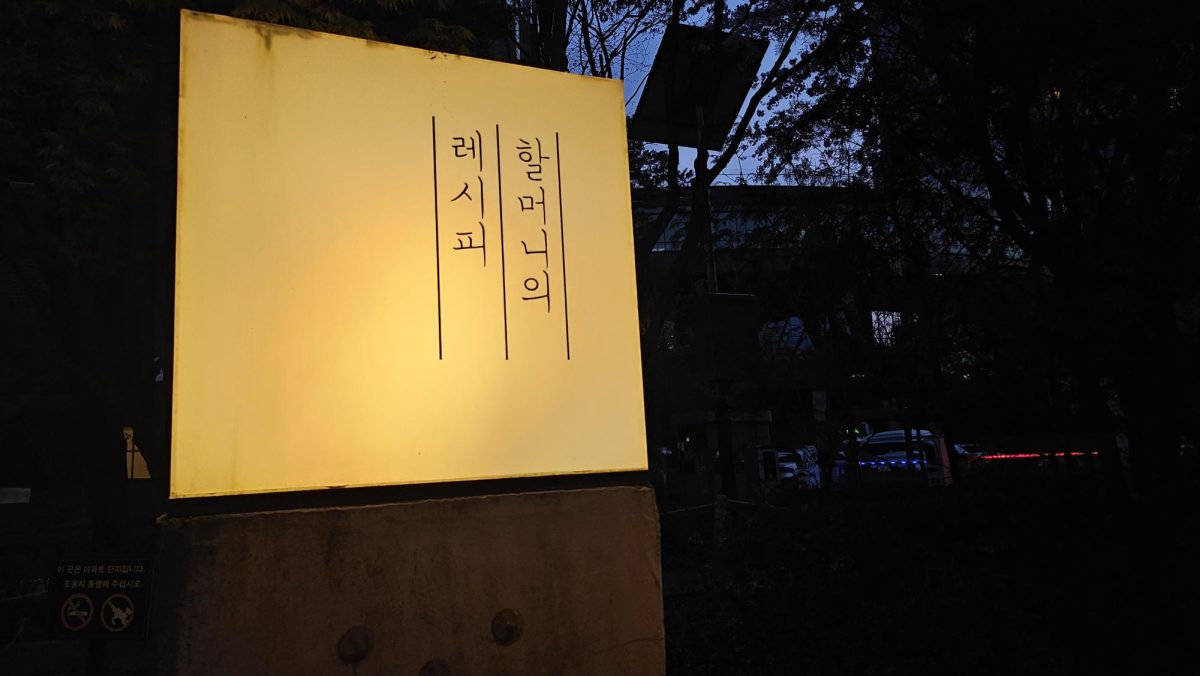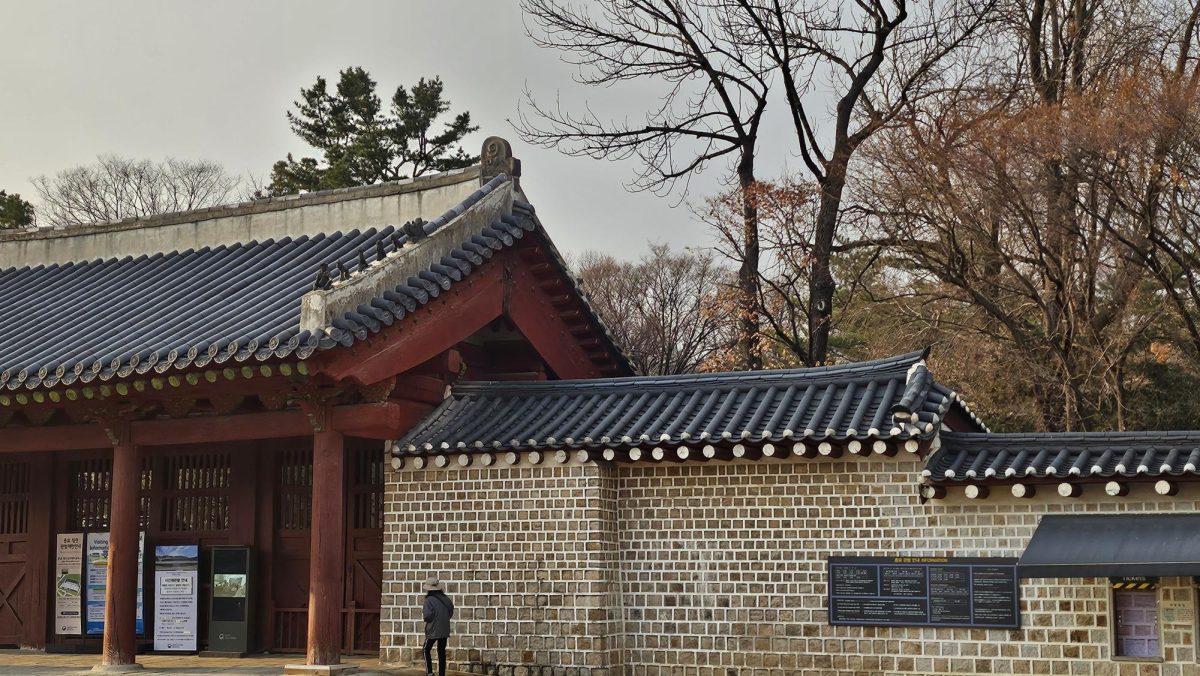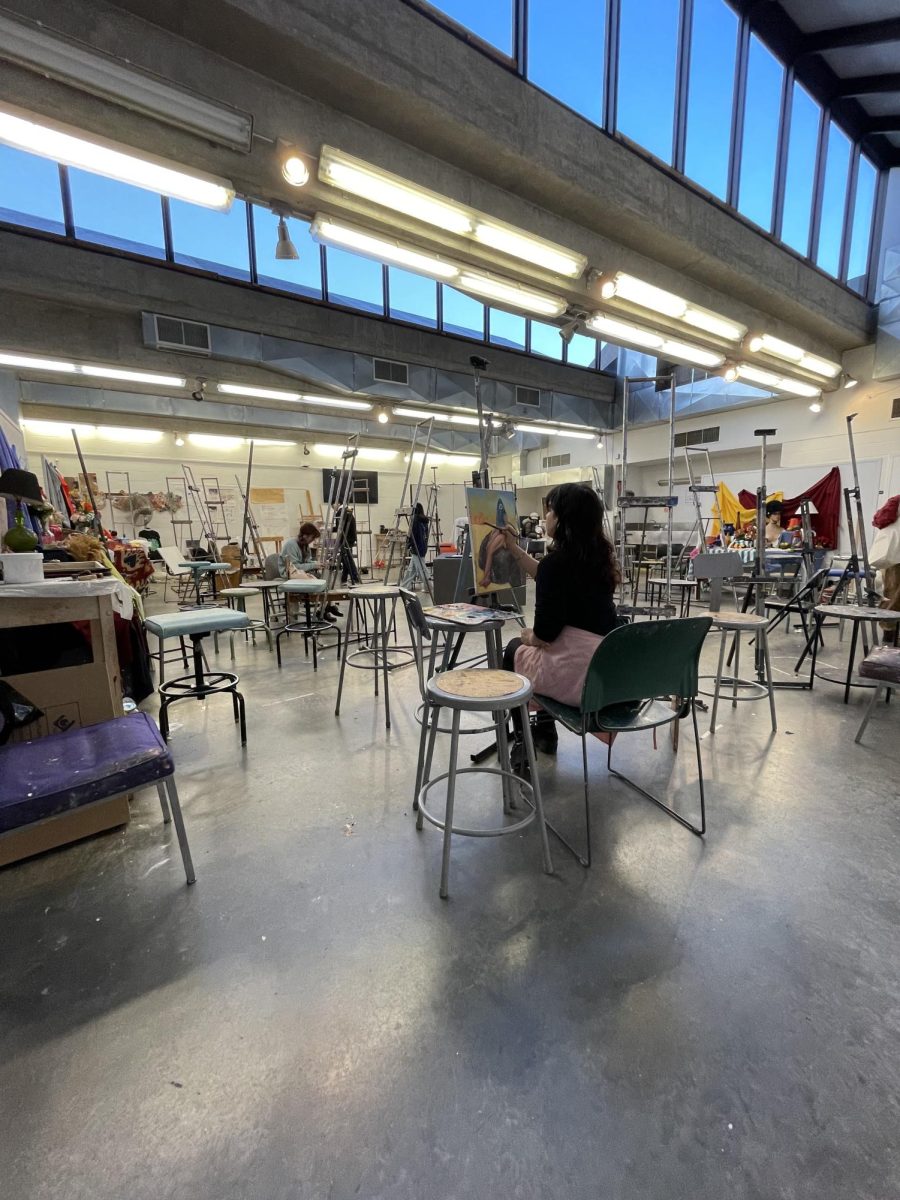
The summer saw the emergence of several young adult and coming-of-age shows with an unexpected twist: a significant Asian American lead presence.
It’s a known fact that Hollywood has often overlooked Asian and Asian American actors, resulting in limited representation. As a result, generations of Asian Americans grew up without seeing themselves properly depicted on screen. However, the push for diversity has led to more projects in recent years featuring more Asian roles and Asian American stories.
The following contains spoilers.
XO Kitty (2023)
Netflix released their new show “XO Kitty,” the spin-off to the popular “To All The Boys I’ve Loved” series, on May 18. The 10-episode rom-com follows Katherine “Kitty” Song Covey, played by Anna Cathcart, in South Korea where she attends the same international school her late mother once did. It is here where she reunites with her Korean boyfriend, Dae, played by Choi Min-young.
The show had the potential to acquire an international audience from the original American film series to the broad audience that Korean dramas have attracted; however, the producers did not capitalize on that opportunity. The show did not deliver on Kitty’s connection with her mom or Korean culture as much as many had wished it did — such as Kitty’s lack of familiarity with Korean. Despite filming in South Korea, the show predominantly occurred on the school grounds, not showcasing the scenery or unique cultural activities in Seoul.
Instead, the show focuses on relationship plots riddled with miscommunication and cliches drawn out for drama. Despite dating long-distance for three years, Dae was an underdeveloped character who didn’t communicate his thoughts well to Kitty. The chemistry between Kitty and Dae often did not hold the same charm that the original “To All The Boys I’ve Loved” series had. However, the show admirably and authentically represented queer characters, countering the prevailing negative attitudes towards the LGBTQ+ community in South Korea.
Another win for inclusivity in “XO Kitty” is the abundance of Asian love interests, which is potentially a response to a lack of Asian male leads in the creator Jenny Han’s past projects.
The show excelled in allowing Korean characters to seamlessly transition between English and Korean, subtly showing the relationship between certain characters. This was portrayed through the use of Korean around others who don’t understand the language, highlighting a more playful dialogue through the ease of communicating compared to English, sometimes to the extent that the Korean dialogue came across as more natural among the characters. Having more scenes acted in Korean would have made more sense and resulted in a better showcase of Korean culture.
During the Writers Guild of America (WGA) Strike, “XO Kitty” was renewed for a second season that will hopefully further build on the familial and romantic relationships and showcase Korean culture more than the first season represented.
American Born Chinese (2023)
The action-comedy series “American Born Chinese” premiered all eight episodes on May 24. The Disney+ series was adapted from Gene Luen Yang’s acclaimed 2006 graphic novel of the same name. For original readers, the show first seems like a difficult television adaptation due to how certain characters and themes will translate to the big screen while maintaining integrity from the graphic novel and not be misinterpreted out of context. However, not only does the series adjust extremely well, but also successfully updates the story to a present-day context.
Jin Wang, played by Ben Wang, wants a new start as he enters his sophomore year. However, his hopes for a clean slate are disrupted when the new student Wei-Chen, played by Jimmy Liu, joins him.
Wei-Chen’s outspoken nature and cultural differences often lead to moments of embarrassment for Jin. Wei-Chen is actually the son of Sun Wukong, or the Monkey King from Chinese mythology “Journey to the West.” Wei-Chen believes that Jin is the key to unraveling the mysteries to come. His mission is to stop an uprising in Heaven, and he believes that Jin holds the answers he seeks.
Despite featuring a cast of veteran actors, including Academy Award winners like Michelle Yeoh and Ke Huy Quan, it’s the young cast that stands out with their strong performances as they tackle the journey of adolescence.
The writing captures the nuanced alienation and microaggressions faced by Asian Americans. The show even feels meta with the character Jamie Yao, played by Quan, who was rewritten from a role in the book to better serve today’s context. Jamie’s monologue in episode seven, “Beyond Repair,” echoes Quan’s interview on Jimmy Kimmel, where he expressed his struggle to find roles in Hollywood as an Asian actor for years.
The action sequences have a complexity rarely seen in the young adult genre. These scenes are often juxtaposed with verbal arguments that collectively build up the tension. Although there are moments in which the audience has to suspend their disbelief or overlook unaddressed details, these do not detract from the overall viewing experience and still manages to feel cinematic. The adaptation added enough fresh elements compared to the source material, allowing viewers to appreciate both the book and the screen adaptation for their respective strengths.
The show has yet to be renewed for season two amid the ongoing WGA Strike. However, the season finale sets up an intriguing journey to come and expands the story past the book’s content. Seeing it through would be a great opportunity to expand on a well-developed first season.
Never Have I Ever, Season 4 (2023)
“Never Have I Ever” aired its final 10-episode season on June 8 on Netflix. The series follows Devi, played by Maitreyi Ramakrishnan, an Indian American teenager from Sherman Oaks, Los Angeles, who searches for new changes in her life following her father’s death.
Season four picks up immediately after the season three cliffhanger of Devi and Ben, played by Jaren Lewison, sharing a kiss before his bedroom door closes. Although the series is near its end, the show’s love triangle with Devi in the center of affection of both Ben and Paxton, played by Darren Barnet, is not over just yet. A time jump to the start of senior year of high school follows, opening the gates to college applications, acceptances and rejections.
In prior seasons, Devi was known for her unpredictable and impulsive behavior, and this season was no different. While the final season had its fair share of such antics, there was a noticeable shift in Devi’s maturity. Not only Devi, but all the characters, found their footing in delivering both comedic and heartfelt performances.
Particularly, Devi’s classmate Trent, played by Benjamin Norris, and Devi’s grandmother Nirmala, played by Ranjita Chakravarty, delivered some of the season’s most memorable comedic moments.
The season builds up to Nirmala’s wedding in the last episode, which serves as a lovely tribute to Devi’s Tamil culture. The use of a Tamil song and traditional dance performed by the characters showed growth in Devi’s open embrace of her culture.
Even though an endgame couple arises from the series-long love triangle, the outcome wasn’t all that important. What truly matters is the growth and maturation of the characters, as they each undergo personal development and mutual learning — particularly Devi, who transforms into a character the audience deeply empathizes with and roots for. In its final season, “Never Have I Ever” cements itself as a groundbreaking show that features strong women of a multigenerational Indian American family, Tamil culture and a coming-of-age story that audiences can relate to.
The Summer I Turned Pretty, Season 2 (2023)
The Amazon Prime show “The Summer I Turned Pretty,” which was adapted from Jenny Han’s book series of the same name, aired the weekly episodes of its second season between July 14 and August 18. The eight-episode season departs from the upbeat summer vacation of the first season, following the aftermath of the passing of a main character.
The season starts by unfolding the events leading up to the start of the coming summer in a non-chronological order. Isabel “Belly” Conklin, played by Lola Tung, finds herself in an uncomfortable position with Conrad Fisher, played by Christopher Briney, and Jeremiah Fisher, played by Gavin Casalegno, after a fallout concerning their romantic feelings towards her. The group returns to Cousins Beach after discovering Susannah Fisher’s, played by Rachel Blanchard, summer house is up for sale.
Despite the themes of grief and loss of a beloved mother figure, the show manages to fit boardwalk trips and retro ragers that lift the characters’ spirits. The season continues to flicker between Belly’s feelings, capturing the attention of viewers everywhere rooting for Team Conrad or Team Jeremiah.
Compared to the books, the adaptation changed Belly’s character from white to biracial, additionally casting Belly’s mother Laurel Park, played by Jackie Chung, as a person of color. Nonetheless, the show largely normalizes this, barely referencing the Park/Conklin family’s biracial background.
Through flashbacks, this season delves deeper into the narrative of Belly being considered less pretty before she took off her glasses, removed her braces and let her hair down. Although the writing maintains similar cliches, the cast delivers a compelling performance with strong chemistry.
Particularly, the inclusion of a more matured and protective version of Belly’s best friend Taylor, played by Rain Spencer, as a main cast member was executed well. The teased relationship between Taylor and Belly’s brother Steven, played by Sean Kaufman, from the first season also brightened the second season’s darker tone and complicated relationships.
Amid the WGA Strike, the series was renewed for a third season consisting of 10 episodes. If the series follows the three book installment, this could be the last season. Much like Belly, avid viewers will be counting down the days until they can return to Cousins Beach.
From depicting cultural aspects to normalizing Asian American identity, these shows push for more accurate representations of Asian Americans — particularly among young adults — in television. They challenge the traditional ways in which Asians and Asian Americans have been portrayed in the media before and redefine how to incorporate diversity and culture moving forwards.
In the words of Quan’s character in “American Born Chinese,” who had been pigeonholed into Asian stereotypes, “I just wanted to be someone who goes on a journey.”























